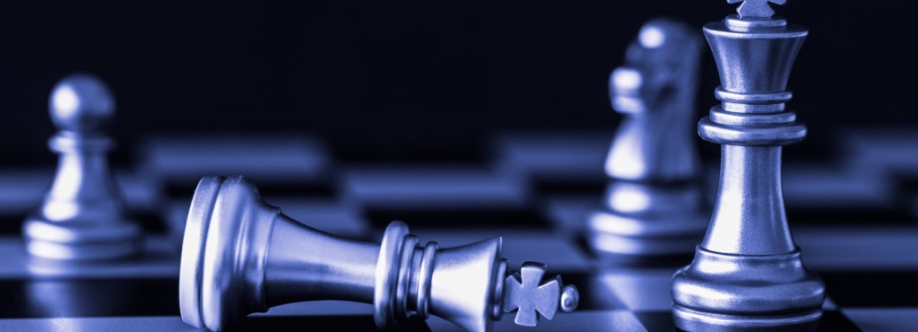Distribution
© 2025 FME (FindMyExpertise.com)


Chessism – A Philosophical Approach to Chess & Life
Chess has always been more than just a game—it's a way of life. It has shaped my thinking, guided my decisions, and taught me invaluable lessons about strategy, patience, and resilience. Through Chessism, let's take a deep dive into the game, exploring not just its moves but its profound impact on personal growth and development.
This is an open consult, a space where anyone can freely share their thoughts on what chess teaches us about life. How can chess improve decision-making? What life lessons can we extract from the board? Let’s explore the philosophical side of chess together.
Join the conversation and share your insights—because chess is more than a game; it's a journey of the mind.